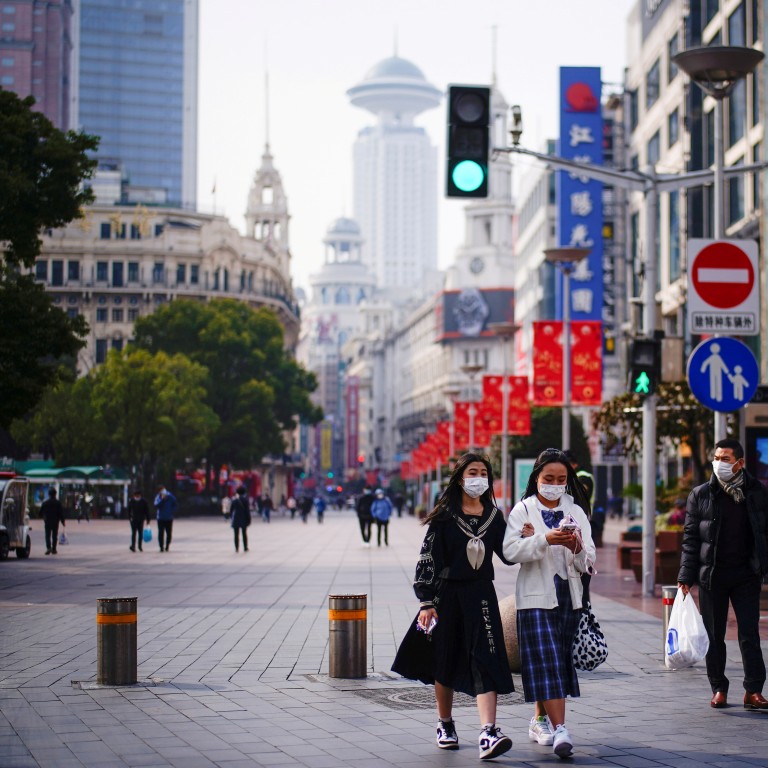
Hong Kong stocks reach one-week high as China injects US$17 billion into slowing economy while Alibaba, Tencent power tech gains
- Government reports signal a slowdown in China’s economic activity last quarter, while the central bank injects US$17 billion into the system
- BYD slips after major shareholder Himalaya Capital cut its stake in Chinese carmaker’s H shares again
The Hang Seng Index gained 0.8 per cent to 27,996.27 at the close of Thursday trading, the highest level since July 6. The Hang Seng Tech Index was little changed while the Shanghai Composite Index added 1 per cent.
Major indicators are pointing to “normalising but still resilient domestic demand in June, particularly in consumption,” said Zhu Chaoping, a strategist at JPMorgan Asset Management in Shanghai, in a note to clients. “Overall, China’s economy looks to be on track for recovery, with the 6 per cent annual growth goal in reach. However, downside and structural risks in domestic demand are concerning.”
The central bank’s cash injection through the lending facility and the reverse-purchase agreement was a sign that the monetary policy will continue to remain accommodative to aid growth. The move was to counter possible liquidity squeeze caused by the peak season for tax payments, it said in a statement.
Alibaba, the owner of this newspaper, climbed 2 per cent to HK$210.60 and Tencent added 1.5 per cent to HK$565. The Chinese tech giants are said to be considering opening up their e-commerce ecosystem to each other, The Wall Street Journal reported on Wednesday. The move is seen as breaking down the barriers for competition in the lucrative market.
Three companies started trading in Hong Kong. Chinese property-management company Dexin Services was unchanged from its initial public offering price at HK$3.06. Medlive Technology, which offers online clinical treatment, gained 14 per cent to HK$31. BetterLife Holding, an automotive retailer, surged 25 per cent to HK$5.50.
Three companies also debuted on the mainland’s exchanges. Shenzhen Breo Technology, which makes massage products, was the best performer, surging 525 per cent to 171.18 yuan on Shanghai’s Star Market.

